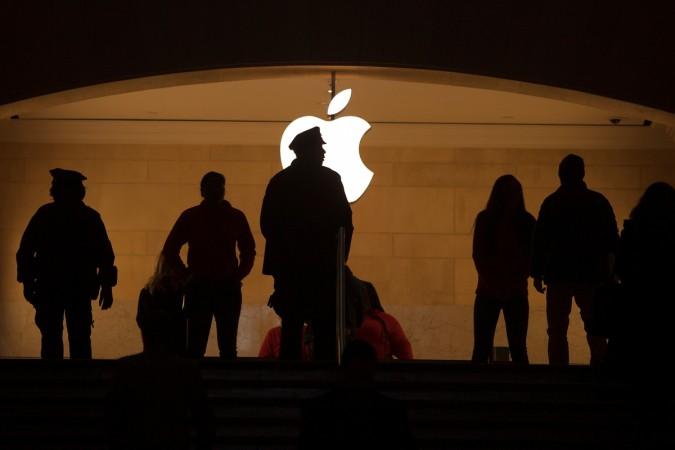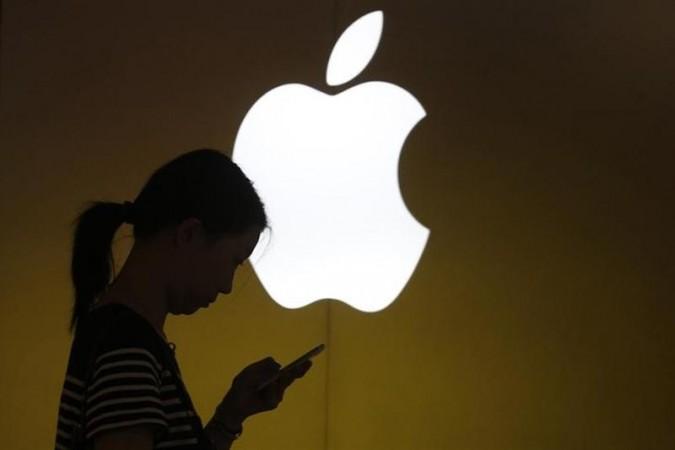Apple started calling its employees back to offices on April 11 in a phased manner, but the decision hasn't faired well with some of its employees. While many workers registered their protest against Apple's directive, asking them to return to the office after two years of working from home, some believe in making a grand gesture to make a point. Apple's top Machine Learning executive has called it quits due to Apple's Hybrid Work Pilot Program.
Ian Goodfellow, director of Apple's Machine Learning, has stepped down from his role. He'd joined Apple in April 2019 in the company's Special Projects Group, which marks the end of his four-year stint at the company. Prior to joining Apple, Goodfellow was with Google and is known for creating GANs.

The development was reported by The Verge's Zoe Schiffer, although an official confirmation is awaited.
Goodfellow reportedly sent an email to the staff, citing Apple's return to office policy as the reason for his departure. "I believe strongly that more flexibility would have been the best policy for my team," Goodfellow wrote in the email.
Apple's back-to-office policy
Apple was one of the first companies to tell its employees to work from home in March 2020, even though the company's culture emphasises in-person collaboration and that the development of new hardware products is best performed by on-site employees. In March, Apple CEO Tim Cook devised a plan to bring back its employees to offices after many delays caused by COVID-19.
"In the United States, beginning on April 11, we'll begin the phased approach to the hybrid pilot, with teams returning to the office initially one day a week, and then, beginning in the third week, two days a week," said Cook in an internal memo obtained by Bloomberg. "This transitional period will now be extended from four to six weeks."

From May 23, the plan is to work from the office three days a week, Monday, Tuesday and Thursday, and two days optionally remote, on Wednesday and Friday. But the plan failed to impress hundreds as it appears from an open letter published last week.
"You have characterized the decision for the Hybrid Working Pilot as being about combining the 'need to commune in-person' and the value of flexible work," the letter says. "But in reality, it does not recognize flexible work and is only driven by fear. Fear of the future of work, fear of worker autonomy, fear of losing control."
As the revolt continues, Apple hasn't responded to the situation.









!['Had denied Housefull franchise as they wanted me to wear a bikini': Tia Bajpai on turning down bold scripts [Exclusive]](https://data1.ibtimes.co.in/en/full/806605/had-denied-housefull-franchise-they-wanted-me-wear-bikini-tia-bajpai-turning-down-bold.png?w=220&h=138)



